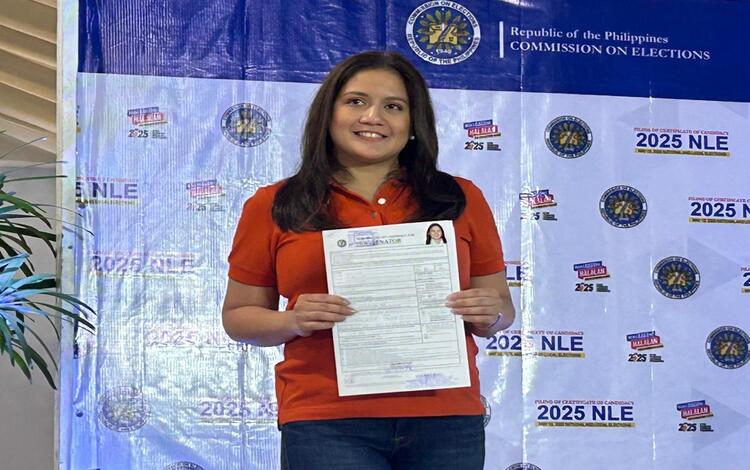Even though the campaign period for the 2025 Philippine midterm elections has not yet officially begun, two high-profile political figures have already spent substantial amounts on advertisements, raising questions about early campaigning. Senator Imee Marcos and Las Piñas Representative Camille Villar are among the top spenders, according to a report by the Philippine Center for Investigative Journalism (PCIJ).

As early as January 2024, Senator Imee Marcos, the sister of President Ferdinand Marcos Jr., aired 271 TV and radio ad spots valued at P21 million. By September 2024, Marcos had spent a total of P1 billion on ads, based on data obtained by PCIJ from Nielsen Ad Intel. These ads are part of her strategy to increase visibility ahead of the upcoming elections, despite the formal start of the campaign period still months away.
Meanwhile, Representative Camille Villar, the daughter of former Senate President Manny Villar and current Senator Cynthia Villar, has also ramped up her ad spending. According to the PCIJ, Villar initially spent only P100,000 on ads in March 2024. However, by August 2024, her spending skyrocketed to P598 million, followed by another P477 million in September 2024.
In addition to television and radio advertisements, Villar also emerged as a top spender on social media platforms. The PCIJ revealed that as of December 2024, Villar had paid P13 million to Meta to boost her Facebook posts, making her the top spender on the platform for senatorial candidates.
The report also highlighted that other potential senatorial candidates have joined the trend of large-scale ad campaigns. Among them are Makati City Mayor Abigail Binay, Senator Francis Tolentino, and former Interior Secretary Benhur Abalos, who each spent between P300 million and P500 million on ads.
Election campaign funds traditionally come from donations to support various activities during the election period. However, the sizable ad spending by Marcos, Villar, and others has sparked discussions about candidates using personal funds or relying on family financial backing to boost their visibility.

Former Commission on Elections (Comelec) Commissioner Luie Guia weighed in, noting that the trend could be attributed to candidates who are also businessmen. “It’s because the candidates are businessmen themselves,” Guia stated, implying that personal wealth and family resources may play a crucial role in the growing trend of pre-campaign spending.
This early spending surge raises concerns about campaign finance regulations and the potential advantages enjoyed by wealthy candidates in Philippine elections.
